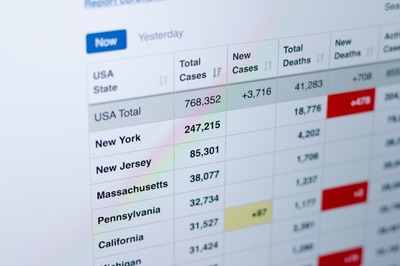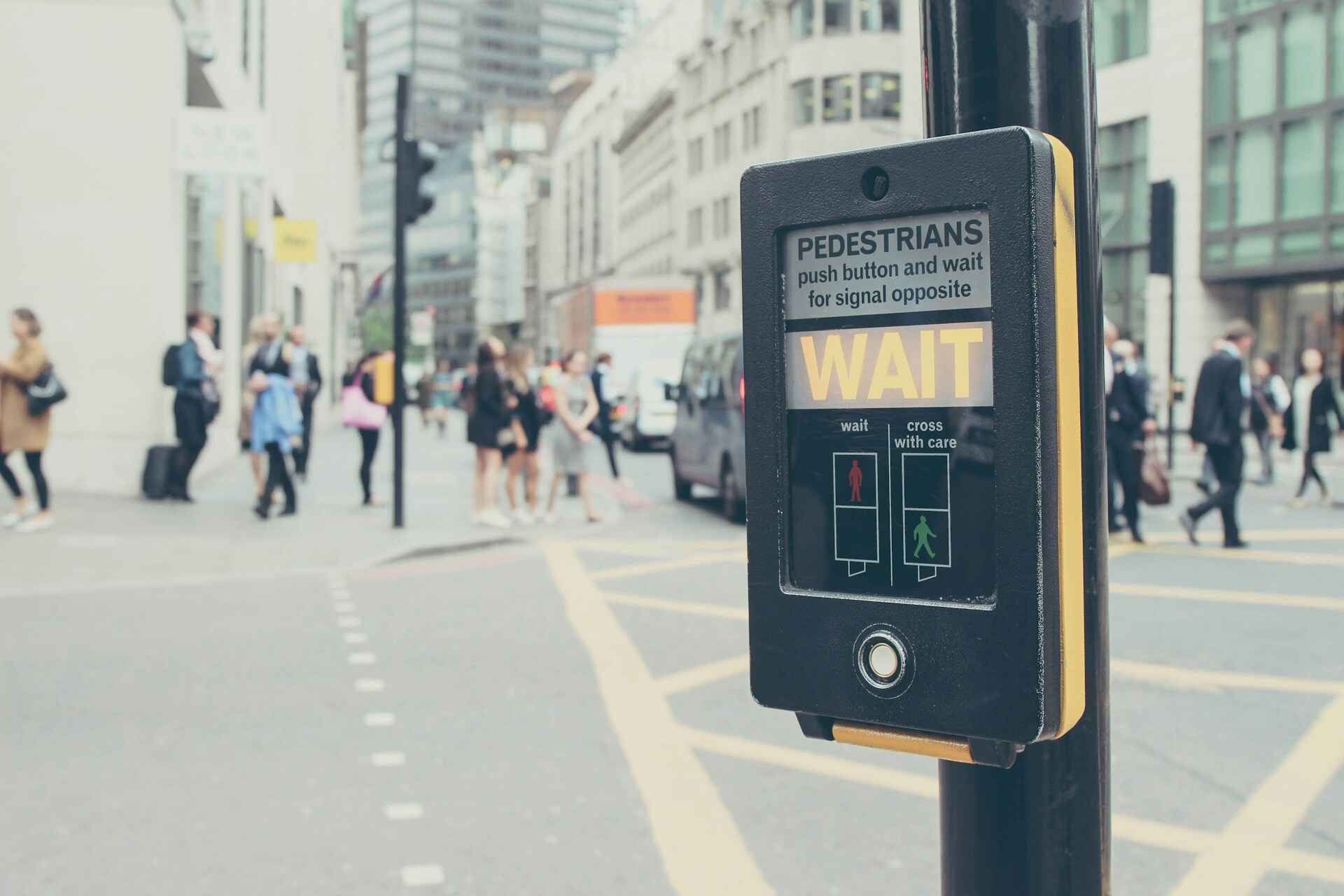Few experiences can match the agonizing wait in a driving test center, followed by the crushing blow of a failed test. This isn’t meant to be discouraging, as over half of all learners experience this at least once.
While a setback, it can be a valuable learning experience. Some research even suggests that those who pass on their second attempt become better drivers. Failing isn’t a life-altering event; it’s a minor hurdle. Driving tests are complex, and nerves can impact even the most confident drivers.
Need specific advice? You’ve come to the right place!
Don’t Give Up
Don’t let a failed test discourage you from pursuing your driving goals. You’ve invested significant time and effort; don’t throw it away.
While disappointing, a failed test provides valuable insights. You now have firsthand experience of the test environment. This eliminates the unknown and allows you to focus solely on your driving skills during your next attempt.
It’s natural to feel disappointed after a failed test. Take a break, process your emotions, and then move forward.
Assess what went wrong on the test

Once the initial disappointment of failing your practical test subsides, it’s crucial to pinpoint the specific areas where you fell short. Consider this a “driving test autopsy” – hopefully less gruesome than it sounds!
The most valuable resource for this analysis is your test mark sheet, along with any feedback from the examiner. We understand that receiving a failed result might have made it difficult to fully absorb the examiner’s constructive criticism at the time. Don’t worry, most instructors briefly discuss your performance with the examiner before you leave the test center.
Your driving instructor can help identify the areas where you made mistakes and explain the reasons behind the faults. Once you’ve identified these areas, focus on improving them. Learn from your mistakes and address any weaknesses.
This is also an excellent opportunity to discuss any concerns you may have with your instructor. They can help alleviate your anxieties and reassure you of your test readiness. If you’re unsure about any aspect, reviewing the most common reasons for test failures can be helpful. Often, nerves play a significant role rather than a general lack of driving ability.
Appreciate the test stats

Failing the practical driving test is not an uncommon occurrence. In fact, the odds are slightly stacked against you from the outset.
The current pass rate for first-time test takers stands at 46.7%. This means more than half of learners fail their first attempt! Don’t let this discourage you – remember not to put excessive pressure on yourself. If you’re curious about your chances of passing on your second attempt, you can easily find that information online.
Believe us, even if you’ve taken multiple tests, there will always be someone who has failed more than you. For perspective, you could even search for some of the more extreme cases online. We find the story of Christian, who took 33 tests over 25 years to finally pass, quite inspiring!
You might feel disheartened when others boast about passing their test quickly or express shock and pity at your failure.
Our advice? Ignore their comments – this is YOUR journey. Everyone learns at their own pace. Focus on your progress, regardless of how quickly others achieved their licenses. Politely acknowledge their comments and move on.
Get back in the driver’s seat
We understand that getting back behind the wheel might not be your top priority after a failed test, but it’s essential. Assuming no major driving issues (which is highly unlikely), we recommend booking another test immediately.
If you face any additional challenges, such as learning to drive with dyspraxia, don’t let this setback derail your efforts. Consider enrolling in a short refresher course, and we’re confident you’ll eventually succeed.
The DVSA requires a 10-day waiting period between practical tests. Considering potential wait times and instructor availability, it’s advisable to book your next test slot as soon as possible. This provides a clear goal to work towards. While we can’t guarantee it, a positive attitude often follows a well-defined plan.
Procrastinating your retest significantly increases the likelihood of giving up. It’s human nature. It’s much wiser to capitalize on your current knowledge and skills. Why waste the effort you’ve already invested? Delaying will only make things more difficult in the long run. Prolonged delays may require additional refresher lessons, increasing your expenses.
Worst-case scenario, you might indefinitely postpone obtaining this valuable skill. The horror!
What to do if you fail the practical test
While disappointing, the best approach is to move forward. Accept the outcome, buckle up, and book a new test. It’s time to regroup and aim for success on your second attempt. We can even highlight 6 positive outcomes of failing the driving test!
In rare instances, you may feel that your test result was unjustified. If you have strong evidence to support a challenge to the marking, you can appeal the decision. However, a successful appeal won’t automatically result in a pass. You might be eligible for a free retest. We emphasize that appeals should only be pursued under exceptional circumstances. Always consult your driving instructor and relevant authorities before taking such action.
If you do fail the practical test, RD2Success FastTrack can assist you with the necessary steps. We’ll arrange additional driving lessons and schedule a new fast-tracked test.
The rest is up to you – we know you can do it!



